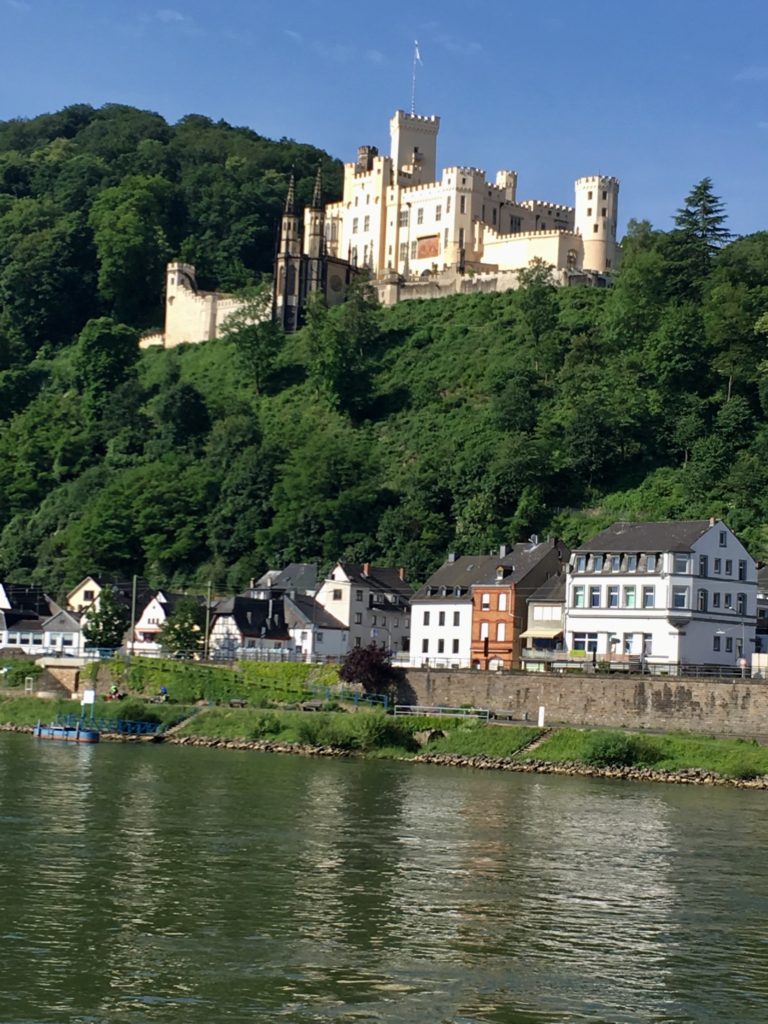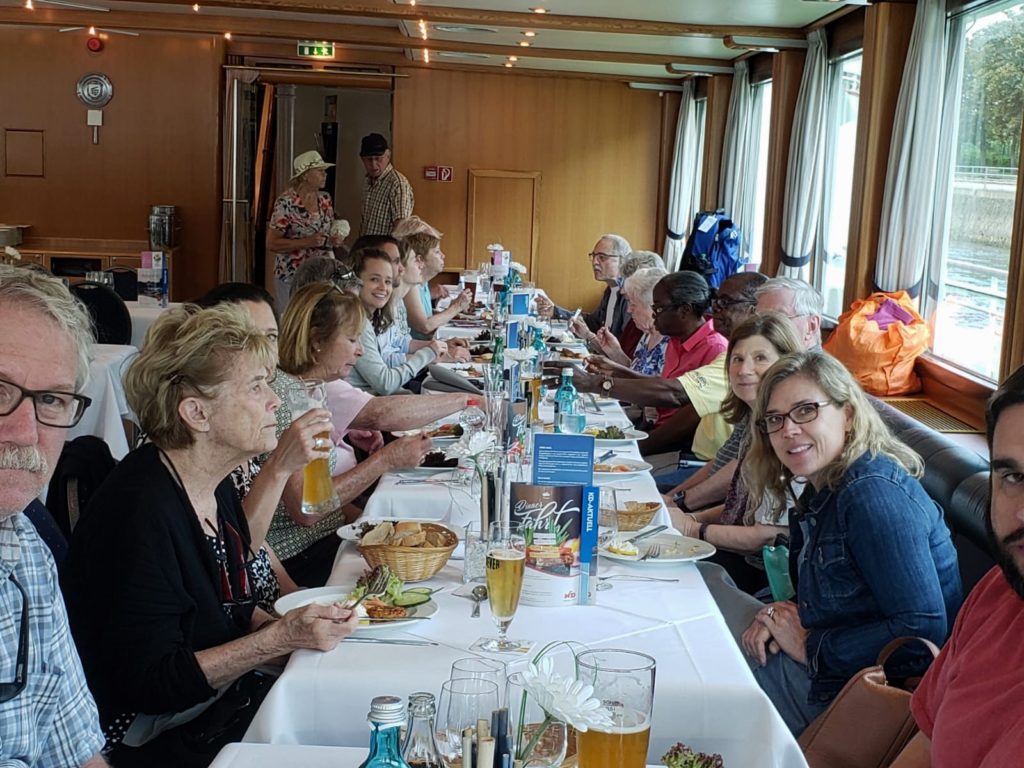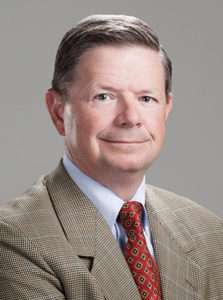Reformation Tour: Luther the disrupter

BY MIKE BEALL
(Editor’s note) Today was a day to rejuvenate as we made our way further south in Germany. We began in Koblenz, where the Rhine and Moselle Rivers converge. We made our way south along the Rhine on a river cruise and spent most of the day marveling at the many medieval and Renaissance castles dotted along the shoreline. In the late afternoon, we arrived in the charming town of Rüdesheim and had a chance to explore the narrow streets and sample some of their award-winning Riesling. Mike Beall, one of our tour participants, offered this reflection at the end of the day:

Yesterday we left Worms, completing one week of our trip and its focus on Martin Luther. Sometimes it is insightful to look for parallels between events in history and goings-on in today’s world. When I think of Martin Luther, the word “disrupter” comes to mind. An attempt to explain follows.
The internet has drastically changed our lives. It is a technology that, coupled with cellular mobile devices, has facilitated changes in how we communicate, shop, get our news, entertain ourselves, and learn. The list could go on and on. Enabled by technology, entrepreneurs, teachers, scientists, and others find new and better ways to accomplish a wide range of tasks. These people are often referred to as disrupters. Jeff Bezos of Amazon, Mark Zuckerberg of Facebook, and Larry Page/Sergey Brin of Google (I had to Google their names) come to mind.
So to be labeled a disrupter these days is more a badge of honor and not a reference to a trouble maker. The presumption is the world is a better place because of them, although that opinion might not be universally accepted. The process of disruption has a painful side. There are winners and losers as well as collateral damage or unintended consequences. For example, ask a taxi driver what Uber has done for his family. Will future generations have impaired interpersonal skills? Many questions are unanswered. In my mind, technology and related disruptions to old ways of thinking and doing have made the world better — but not without some downside.

Finally, to Martin Luther. He was clearly a disrupter and helped foment (not intentionally, at first) a dramatic change in the status quo. The printing press was his enabling technology. Existing practices and power structures were challenged. In the end, I believe, the Reformation made our world a better place. The movement had its downside. It triggered centuries of religious wars, not just Catholic versus Protestant but between Protestant movements. Hitler used Martin Luther’s anti-Semitic writings as part of his case for the “Final Solution.” Had Martin Luther been able to see the future would he have gone forward?
We are looking forward to our final week. Much more to learn and fellowship to be enjoyed.
Mike Beall is a member of Salisbury Presbyterian Church in Midlothian, Virginia. He and his wife Ann are on the tour.


